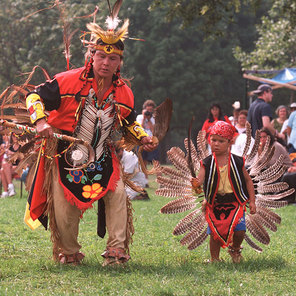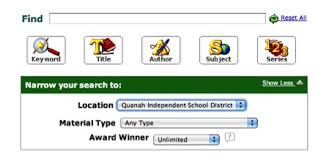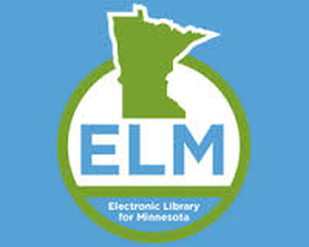 Today we will: 1. Select a topic/section from your guide that you want to learn more about. 2. Find a second resource on that topic or section - either a book or website. 3. Complete the last section of the guide. 4. Cite your source! Using a book resource from the library 1. Click on the picture to the left (Destiny) to use Destiny to see if we have a book about your tribe. 2. Use the table of contents and/or index to find your specific topic (for example "Ojibwa History" or "Apache Traditions" or "Pawnee Traditional Food".) 3. Complete the last page of the guide using your new resource. 4. Cite your source by writing down the title and author of your book. Using an Internet Resource The internet can be a great research tool. However, if you don't know how to use it, it can be frustrating and unreliable. Here are some tips to help you find a good information for your research needs: 1. Don't Always Rely on Google: Google is good for many things, but I don't do serious research with it. I use databases and search engines that help to weed out poor information. Try using one of the databases or search engines listed below. to 2. Know Your Domains! I trust ".edu", ".org", and ".gov" websites more than the average ".com". 3. Who Is Responsible for the Website or Article? If you cannot find an author or organization, then run away. If you can, are you able to tell whether or not they are experts on the topic? 4. Is Your Source Easy to Use? If there is lots of clutter on the page (especially advertising) and the site is hard to navigate, then why would you trust the information? 5. Search Smarter with Specific Search Terms! If my search is "Ojibwa", Google will return almost 2,000,000 search results. Who has time for that? Instead, use "Ojibwa Traditional Foods" or "Ojibwa Traditions" Google will return only 40,000 or so resources that are much more likely to help you find the information you need. Search Engines and DatabasesComments are closed.
|
Archives
May 2024
|



